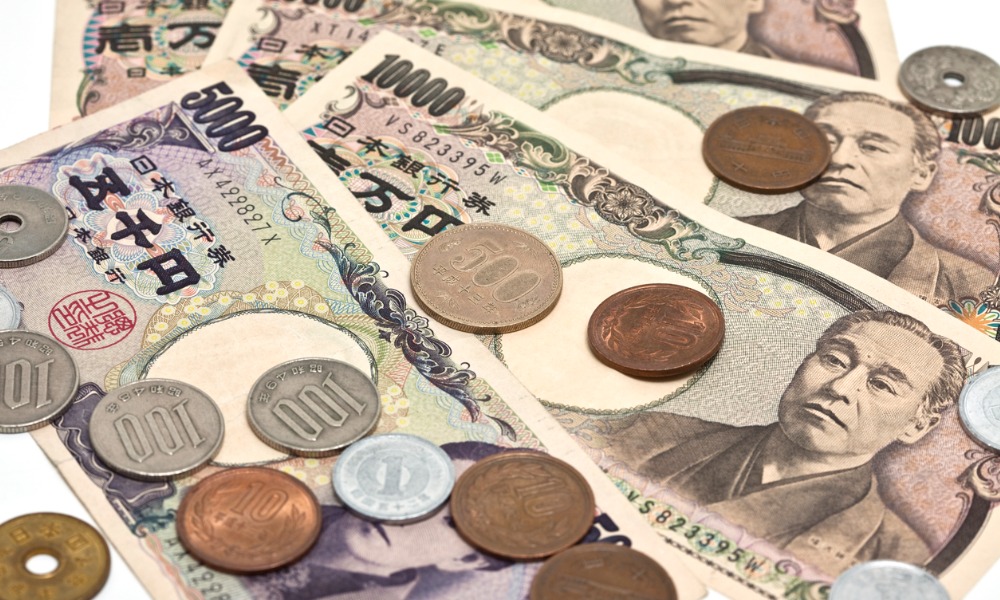
Pay increase data sourced from over 5,000 unions

Wages in Japan will increase by an average of 5.1% following this year's spring wage negotiations, according to the Japanese Trade Union Confederation, or Rengo.
The findings are based on Rengo's survey among 5,284 unions as of July 1, The Asahi Shimbun reported.
The average pay hike is a slight decline from the initial surveys carried out by Rengo earlier this year, where first poll logged 5.25% and its second survey registered 5.24%.
Rengo has been expecting the decline since the second tally, as it noted that the average growth of pay hikes tend to decline as smaller firms end their negotiations.
Despite the decline, the pay hike remains the highest 33 years in Japan, after the 5.66% logged in 1991, according to the confederation.
It came as real wages in Japan continued declining in April for the 25th consecutive month, after falling 0.7% from a year earlier. This is the longest period of decline in the country's real wages since data became available in 1991, The Mainichi reported.
Meanwhile, unions with less than 300 members recorded an average pay hike rate of 4.4%, The Asahi Shimbun reported. This accounts for 3,816 unions.
For 1,468 unions with at least 300 members, the wage increase rate was at 5.19%.
For non-regular workers, including part-time and contract employees, the pay hike was 5.74% on an hourly basis, according to the confederation.
Rengo added that there were 3,639 unions reporting specific base pay increases, with the average hike being 3.56%.
It noted, however, that its poll only covered companies with labour unions, according to The Asahi Shimbun report. The survey did not include a lot of small and midsize enterprises, which account for 99% of domestic businesses that employ 70% of Japan's workforce.